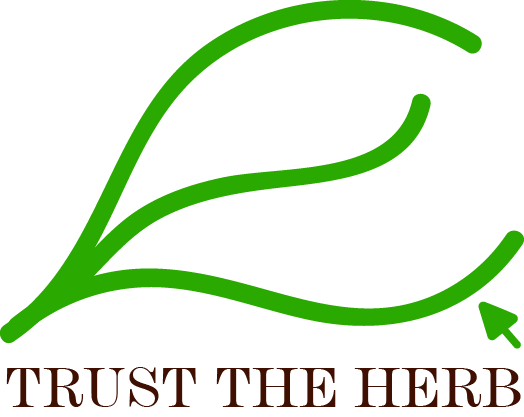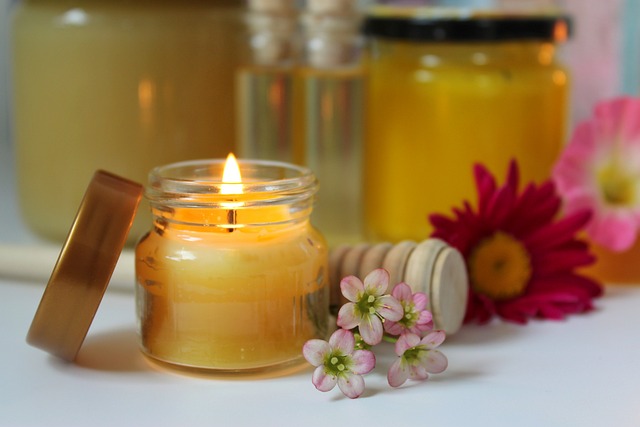Ayurvedic products and herbs
6 Surprising Uses of Beeswax | Benefits of Beeswax
You use honey to make delectable recipes and DIY face masks, but were you aware that those crowded bees produce one more sticky substance that can be used in a variety of ways? We’re talking about beeswax, which bees produce in order to make honeycombs. Do you want to know what you can make with beeswax? This guide will teach you about the uses of beeswax and how to use it in your daily life!
Honeybees of the genus Apis produce beeswax as a natural wax. Bees use it to build honeycombs in their hives. But beyond its use in beekeeping, beeswax has a wide range of uses in other industries and applications, including cosmetics, candles, food, and manufacturing. Its natural properties, such as being non-toxic, hypoallergenic, and having a long shelf life, contribute to its value. Due to its properties and the fact that it is a natural product, it’s becoming a more and more popular choice in many industries.
When beekeepers collect honey, one of the by-products of the extraction process is leftover beeswax. This is then melted down into blocks, which you can buy online or at your local farmer’s market if you so desire and we believe you should. This is why: Beeswax is a natural substance that can be used in your home, cosmetics, and even cooking. It has a long shelf life, burns well, and has anti-corrosive properties. But what are you supposed to do with this all-natural, long-lasting product? Here are 6 uses of beeswax to get you started.
Contents
List of Top 6 Uses of Beeswax | Benefits of Beeswax
1) Beeswax use in candle making
Beeswax is a popular choice for making candles because it is a natural, renewable resource and it burns cleanly with little to no soot. It also has a characteristic honey scent, which many people find pleasant. Additionally, beeswax candles emit negative ions when burning, which can help to purify the air. Beeswax candles also last longer than regular paraffin candles.
You can make solid candles with beeswax or mix it with other waxes or oils for a specific texture and appearance. Blending it with essential oils creates scented candles. Overall, beeswax is an excellent option for candle making due to its natural properties and its ability to create high-quality candles that are both environmentally friendly and pleasant to burn.
2) Beeswax uses in lubricating wood
Beeswax is often used as a lubricant for woodworking tools and machinery because of its natural properties. When applied to the surface of wood, it creates a barrier that helps to protect the wood from moisture and other environmental factors. This can prevent the wood from warping or cracking. You can also use beeswax to lubricate the moving parts of woodworking tools and machinery.
This includes things like saw blades, drill bits, and planer knives. When applied to these surfaces, the beeswax creates a smooth barrier that can help to reduce friction and wear, which can prolong the life of the tool or machine.
Beeswax serves as a finish for wood, creating a protective barrier and enhancing the wood’s natural beauty. You can use it alone or mix it with oils to achieve your desired color and finish. Overall, beeswax is a valuable tool in the woodworking industry, providing both lubrication and protection for wood and woodworking tools.
3) Wraps are made with beeswax
Beeswax wraps are an eco-friendly alternative to traditional plastic wraps for food storage. Infusing a cloth, typically cotton, with a mixture of beeswax, tree resin, and jojoba oil makes them. This mixture gives the cloth a slight stickiness that allows it to seal around food containers and bowls to keep food fresh.
Beeswax wraps cover and store sandwiches, fruits, vegetables, cheese, bread, and more. They are also reusable and durable, which makes them a more sustainable option than disposable plastic wrap. They can be washed by hand with cold water and mild soap and can last several months to a year.
Making beeswax wraps at home is simple. You melt beeswax, jojoba oil, and tree resin together, spread the mixture on cotton cloth, and bake it in an oven to infuse the cloth. You can find many tutorials and recipes online.
Beeswax wraps are not only a sustainable and zero-waste solution for food storage, but it is also a safe, chemical-free alternative for the health of your family.
4) Beeswax is used in crayons
Beeswax is a common ingredient in crayons because it is a natural, non-toxic material that can be easily melted and molded into different shapes. Combining it with pigments and other materials allows for creating a wide range of crayon colors and textures. Beeswax also provides a smooth and even texture when making crayons which can make them easy to apply to different surfaces.
Because beeswax is non-toxic and safe to use, it is a great option for making crayons for children. Making crayons with beeswax is easy and can be done at home, many recipes are available online to make it with ingredients easily found.
One can also use beeswax from beeswax blocks or pastilles, which can be purchased from craft stores. Adding essential oils to beeswax crayons creates different scents that kids can enjoy. All in all, beeswax provides an easy and safe option for making crayons with different colors and textures.
5) Beeswax benefits in lip balms
Beeswax is a common ingredient in lip balms because of its natural moisturizing and protective properties. When applied to the lips, it forms a barrier that helps to keep the skin hydrated and prevents it from becoming dry and cracked.
You can combine beeswax with other ingredients like cocoa butter, coconut oil, and essential oils to create a variety of lip balm formulations. When used in lip balms, it helps to thicken the product, giving it a smooth and firm consistency that glides on easily.
Beeswax’s non-toxic nature makes it a safe option for use on the lips, and its anti-inflammatory properties can soothe dry, irritated lips.
Making lip balm with beeswax is simple and can be done at home with few ingredients, for example, beeswax, coconut oil, and honey. By melting them together and then pouring them into a container, you can create a natural lip balm. You can find many tutorials and recipes online.
Beeswax lip balm can be an excellent, natural alternative to store-bought lip balms, and it’s an easy and affordable way to take care of your lips.
6) Beeswax as a shoe polisher
Beeswax is commonly used in shoe polishes because of its natural ability to condition, protect, and shine leather. When combined with other ingredients, such as turpentine, mink oil, or even essential oils it can make a high-quality shoe polish. Beeswax will help to restore and maintain the color, texture, and shine of leather shoes, making them look new again.
Additionally, it also helps to protect the leather from water and other environmental factors, making the shoes more durable. The polishing process is simply melting the beeswax, mixing it with the other ingredients, then using a brush or cloth to apply it to the shoes, buffing it to a shine. You can find beeswax-based shoe polish in commercial markets or make it at home. These were the 6 benefits of beeswax.
Buy Natural Beeswax Online: Buy Now
Conclusion:
In conclusion, the uses of beeswax are wide in a range including in candles, cosmetics, and food products. Woodworking commonly uses it, and it’s a natural alternative to plastic wrap as well. Its natural properties, such as its ability to seal and protect, make it a versatile and useful substance in many industries.
For more details on herbs & their remedies related to educational videos subscribe to our channels
https://www.youtube.com/@trustherb
https://www.instagram.com/trustherb.india/


